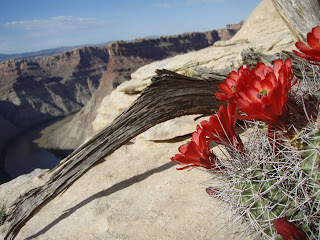I spent last week at Burning Man, a festival of 40,000+ people in the Nevada desert north of Reno. I gave a presentation on our travels in sustainable communities and had the good fortune to be on a panel with several other folks who were working with communities around the world.
Black Rock City becomes the third largest city in Nevada during Burning Man. Its airport, mail service, and radio station only exist for the seven days of the festival. During the rest of the year Black Rock City has nothing but desert dirt and wind.
We’ve traveled through a lot of intentional communities, and the generosity I experienced at BM was up with the best of them. Within walking a couple hundred feet of where we were camping I was given fuzzy dog slippers, beer and song at an impromptu Irish bar, and a chunk of tasty chocolate. BM operates on a gift economy, meaning that people brings their gifts (food, music, art, etc) and share them without money or even the expectation that they will receive a gift in kind. The only things you can buy are ice and coffee.
There were literally miles of ‘streets’ (the entire festival packs up completely each year, leaving nothing behind – the concept of ‘street’ is a temporary one), so you can imagine the conversations and gifting that would happen if you had time to walk them all, which you would not.
In six days, I saw three pieces of trash. There are no trash cans or trash pick-up services; everyone took care of their own.
It was fascinating to be part of a community that had the expectation of personal expression. I felt most out-of-place when I was not dressed up in costume or outwardly exhibiting some form of creative expression (driving a flame-throwing four-wheeled pedal-powered bicycle, for example). The norms of the Burning Man community were clearly that you should do something creative to share with those around you – the quickest way to get derided was to walk around in khakis and a baseball cap.












